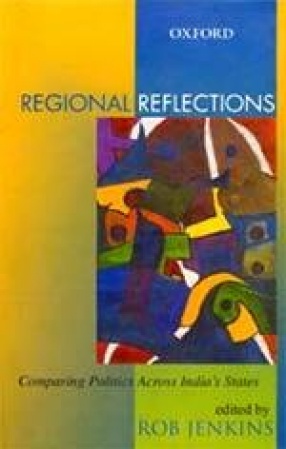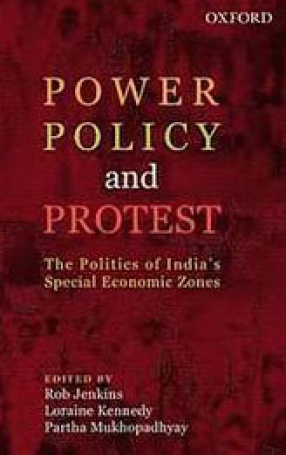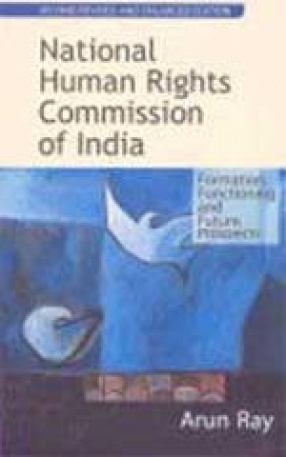India provides political scientists a unique laboratory of democracy, not only because liberal politics has thrived in what was once considered inhospitable soil, but also because India’s federal system offers a controlled environment for inter-state comparative analysis. Each of this book’s eight contributors uses a comparison between two states to illuminate contentious issues in one of four aspects of contemporary Indian politics: economic policymaking, subaltern politicization, civic engagement, and political leadership. Loraine Kennedy examines why Andhra Pradesh and Tamil Nadu have responded to New Delhi’s economic reforms programme with policies that are similar in content and yet so different in terms of their ‘political packaging’. Aseema Sinha investigates why identical investment promotion policies in West Bengal and Gujarat yielded such different results. Concerned with variations in the process by which subaltern groups get politicized, Sanjay Kumar examines the contrasting support bases of centre-left parties in Bihar and Orissa. Christophe Jaffrelot and Jasmine Zerinini Brotel use statistical data on the caste profile of legislators and party officials in Uttar Pradesh and Madhya Pradesh to reveal similarities and differences in the extent to which lower status groups are represented in key political parties. Ashutosh Varshney points to the nature of civic engagement to explain differing levels of Hindu-Muslim rioting in cities in Kerala and Uttar Pradesh. Rob Jenkins also examines civil society’s political role, assessing India’s two most influential anti-corruption movements–one based in Rajasthan, the other in Maharashtra. The exercise of political leadership is a central feature of James Manor’s analysis of party and electoral politics of Karnataka and Andhra Pradesh. Mukulika Banerjee examines the political personas and and careers of two of India’s most high-profile women leaders, J. Jayalalithaa of Tamil Nadu and Mamata Banerjee of West Bengal. This book will stimulate debate not only among scholars and students in the fields of politics, economics, sociology and history, but also among policy-makers, journalists and NGOs.
Power, Policy, and Protest: The Politics of India’s Special Economic Zones
Indias attempt to spur ...
$56.70
$63.00







There are no reviews yet.